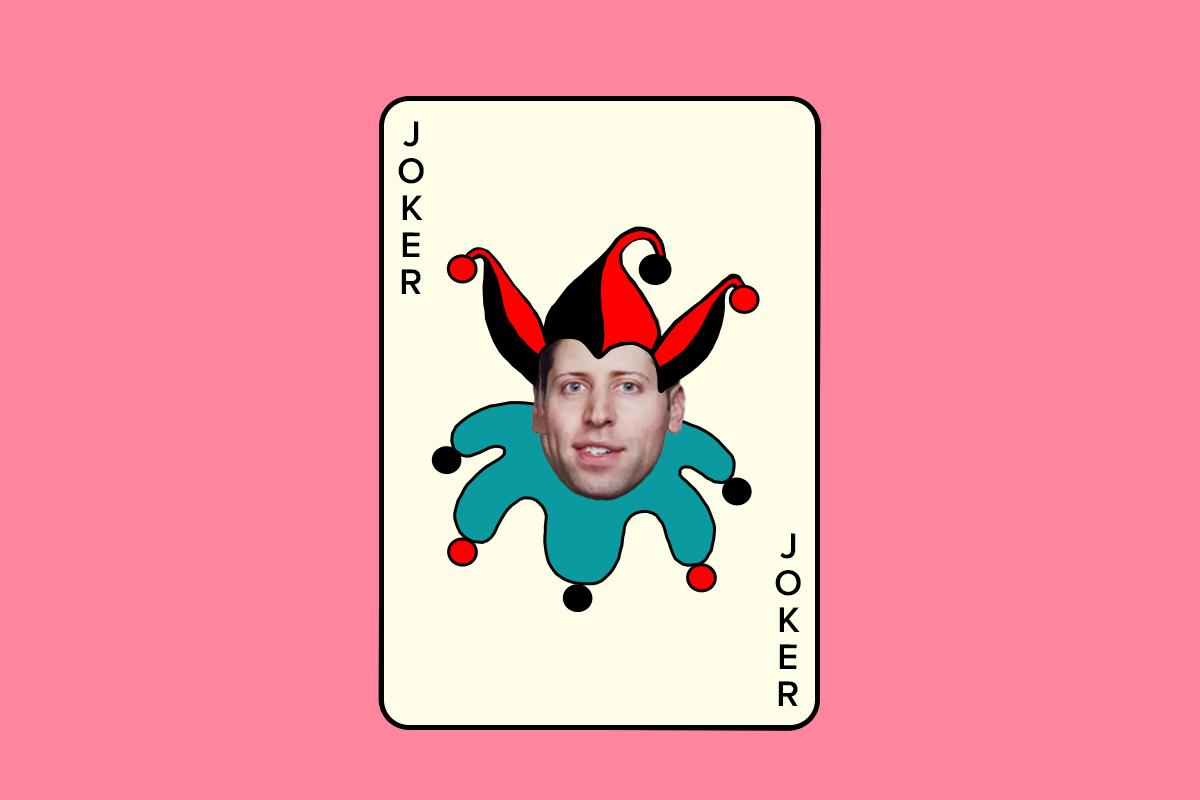GenAI Is Trying to Kill Creativity

🌈 Abstract
The article discusses the rise of AI-generated content, particularly in the realm of video creation, and the author's concerns about the impact of this technology on creativity and the creative industry.
🙋 Q&A
[01] The 'Joker in the Pack'
1. What is the author's view on the impact of AI-generated content on the creative landscape?
- The author believes that AI grifters, such as Sam Altman and his fellow AI companies, are changing the creative landscape in a way that is not beneficial to creativity and creatives.
- The author sees the AI-generated videos as barely impressive, with the results often falling into the "uncanny valley" and lacking the depth and understanding that comes from human creativity.
2. What is the author's perspective on the motivations behind the push for AI-generated content?
- The author argues that the AI companies are more interested in profit and expanding their user base than in genuinely supporting and nurturing creativity.
- The author suggests that the AI companies want to turn creativity into a commodity, dismantling the talent, dedication, and vision that are essential to the creative process.
3. How does the author view the concept of "democratizing" creativity through AI technology?
- The author believes that creativity should not be "democratized" and made available to everyone at the touch of a button or the typing of a prompt.
- The author argues that creativity is finite and limited, as not everyone has the capacity, skill, or patience to master a creative pursuit, and that this should be respected.
[02] The Divide in the Creator Spectrum
1. What is the author's perspective on the growing divide between AI-based and human-based creativity?
- The author notes that there is a growing movement of creators, media sites, and brands that are adopting a "zero-use" approach to AI or branding themselves as "human-first."
- The author suggests that this divide is leading to a split in the audience, with people choosing to support brands that do or do not use AI.
2. How does the author view the potential consequences of this divide?
- The author believes that if the audience turns against AI-based creativity, it could lead to the downfall of the AI companies that are heavily invested in this technology.
- The author suggests that hype and bubbles can only carry these companies so far, and that they may face challenges if the market turns against them.
[03] The Future of Creativity
1. What is the author's vision for the future of creativity?
- The author believes that creativity should not be "democratized" and made available to everyone through AI technology.
- The author argues that true creativity comes from dedication, skill, and the personal investment in mastering a craft, and that this should be respected and valued.
2. How does the author see the role of AI in the creative process?
- The author is skeptical of the value of AI-generated content, seeing it as a "human-lite" version of creativity that lacks the depth and understanding that comes from human creativity.
- The author questions whether we truly need this type of AI-generated content, suggesting that it may not offer any significant improvements over human-created content.